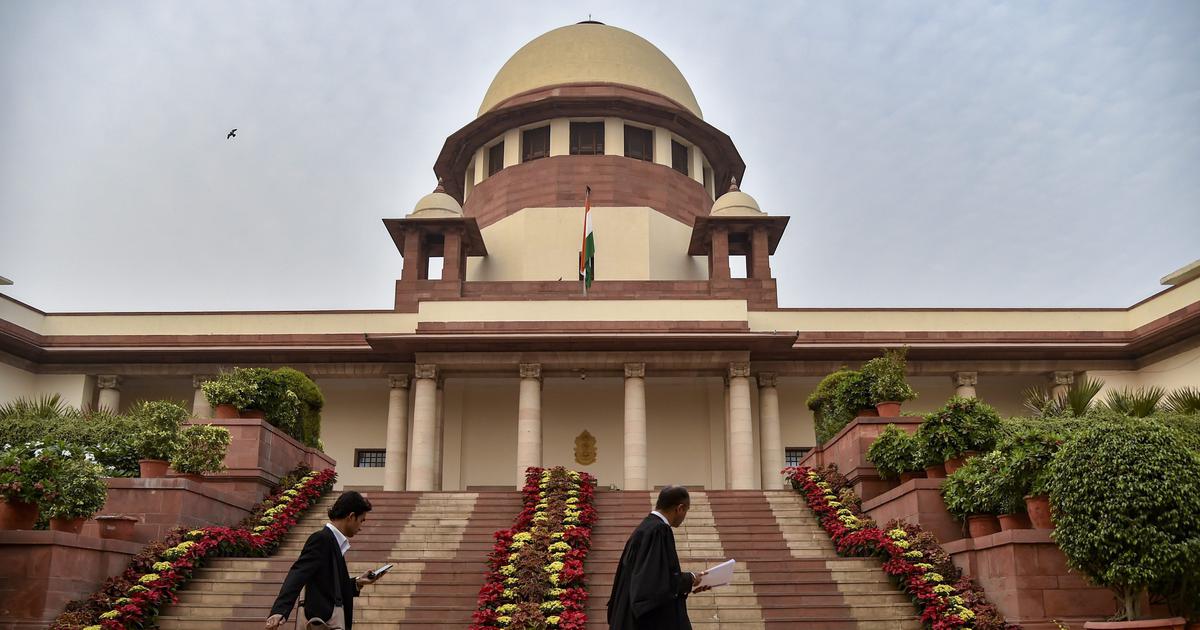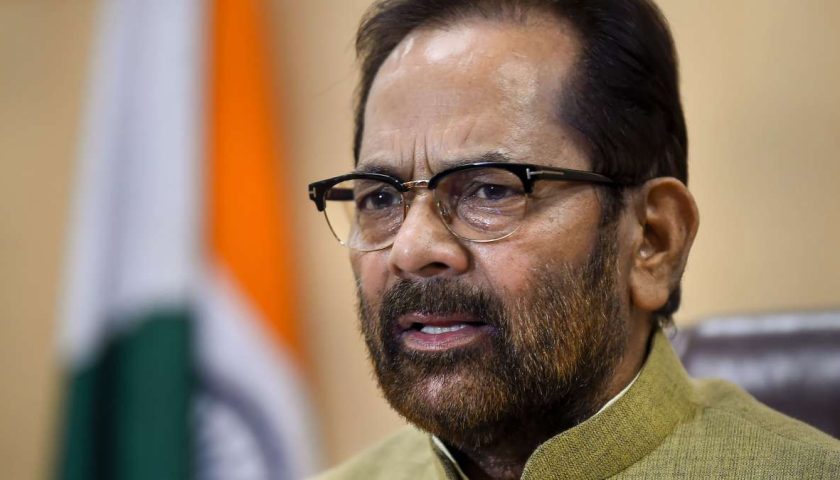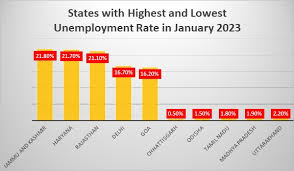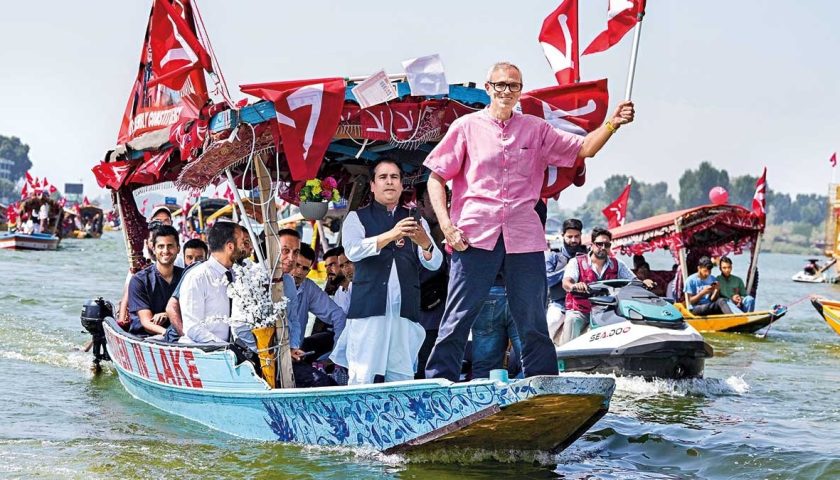India Holds Its Breath: Supreme Court Poised to Deliver Article 370 Verdict on Jammu & Kashmir
For months, anticipation has crackled in the air, thick as the Himalayan fog that cloaks the contested valleys of Jammu & Kashmir (J&K). The Supreme Court of India, the highest arbiter of the land, stands poised to deliver its judgment on Article 370, a provision that granted the region a unique and controversial special status within the Indian union.
The Stakes: A Region’s Identity on Trial
Article 370, a temporary clause enshrined in the Indian Constitution, was meant to be a bridge. It granted J&K autonomy in areas like citizenship, fundamental rights, and emergency provisions, aiming to safeguard the distinct cultural heritage and identity of its predominantly Muslim population.
But the bridge, some argue, became a wall. Critics saw Article 370 as an impediment to J&K’s full integration into India, fostering a sense of separatism and hindering development. Others defended it as a shield against cultural homogenization, a vital bulwark against the erosion of a cherished identity.
The Revoking Shockwaves: 2019 and the Fallout
In August 2019, India’s government, led by Prime Minister Narendra Modi, made a seismic move. Article 370 was revoked, J&K stripped of its special status, and the state bifurcated into two Union Territories: Jammu & Kashmir and Ladakh.
The decision sent shockwaves across the region and beyond. Protests erupted, met with a heavy-handed security response. Allegations of human rights violations, communication blackouts, and political detentions painted a grim picture.
Internationally, India faced condemnation, with Pakistan, a long-standing rival over Kashmir, leading the charge. Fears of a wider conflict simmered, casting a shadow over the region’s fragile peace.
The Legal Tussle: Petitioners vs. the Government
The government’s move was not without challenge. A slew of petitions landed in the Supreme Court, arguing that the revocation was unconstitutional, undemocratic, and a betrayal of the Kashmiri people’s aspirations.
Months of intense legal wrangling ensued. Lawyers for the petitioners eloquently argued for the restoration of Article 370, highlighting the historical context, the unique cultural fabric of J&K, and the potential for further alienation and instability.
The government, on the other hand, defended its action as necessary for national security, integration, and development. They argued that Article 370 had outlived its purpose and was hindering J&K’s progress.
The Looming Verdict: A Moment of Reckoning
The Supreme Court’s judgment, expected imminently, is much more than just a legal pronouncement. It is a moment of reckoning, a potential turning point in the history of India and its relationship with J&K.
Will the Court uphold the government’s decision, paving the way for further integration and a potentially irreversible change in the region’s status? Or will it strike down the revocation, potentially leading to a complex process of restoring Article 370 and addressing the grievances of the Kashmiri people?
The answer will reverberate far beyond the courtroom, shaping the political landscape of the region, impacting the lives of millions, and dictating the course of India’s future.
A Human Cost Amidst Legal Battles
It’s crucial to remember that this legal drama unfolds against a backdrop of human lives. Ordinary Kashmiris, caught in the crosshairs of history, grapple with anxieties about their future, their identity, and their sense of belonging.
For them, the Supreme Court’s verdict is not just about legalese and constitutional interpretations. It is about the right to self-determination, about the preservation of their heritage, and about the hope for a peaceful and prosperous future.
As India awaits the judgment, one thing is certain: the echoes of this verdict will resonate for years to come, shaping the destiny of a region and its people.






